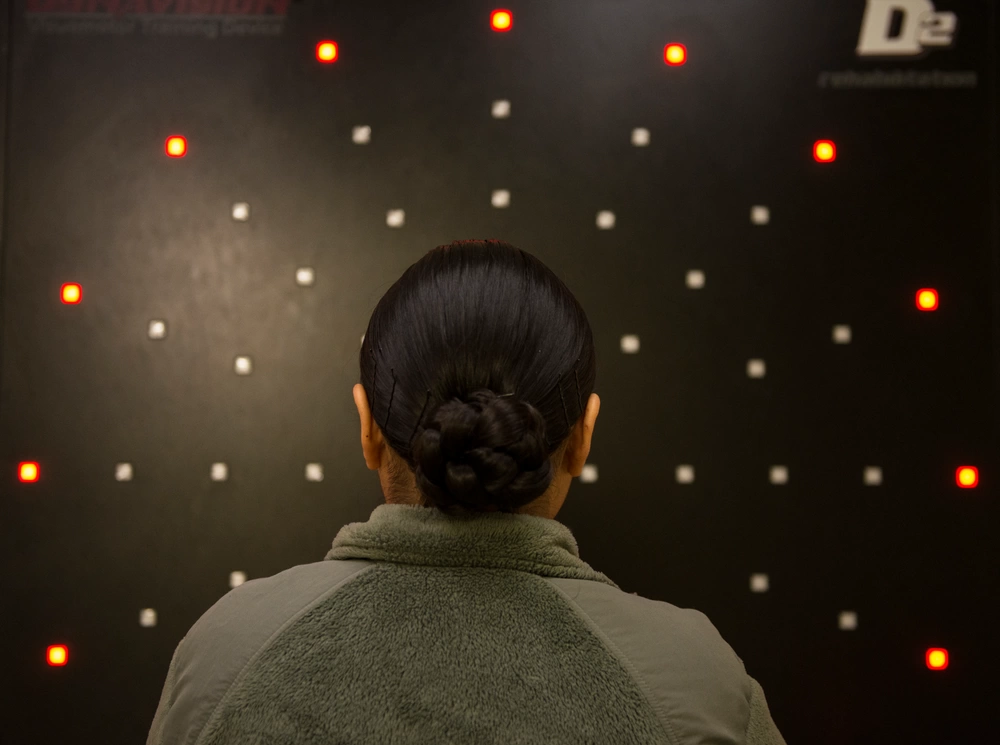
Active-duty military service members, especially those that face combat situations, can oftentimes sustain injuries in the line of duty. Physical injuries are much more apparent, which leave physical signs of the trauma sustained. However, there are also many invisible injuries that can be just as traumatic and can affect the quality of life as much as physical injuries. These invisible injuries include PTSD, overall mental health issues, and traumatic brain injury.
March is Traumatic Brain Injury Awareness Month and we wanted to take some time to look at some organizations that help support military service members and their families living with TBI and ways that we all as service professionals can support them in our daily work.
TBI Organizations and Resources
HPRC Online shares this blog post on tips to cope with family challenges and build resilience after a brain injury. They cover many of the symptoms to look out for and ways to cope with these symptoms. They include symptoms such as memory loss, sleep problems, fatigue, vision problems, and sensitivities to smells, sounds, and tastes. Learn more from HPRC Online.
Brainline is “all about brain injury and PTSD.” They offer “information and support to anyone whose life has been affected by brain injury or PTSD: people with brain injuries, their family and friends, and the professionals who work with them.” Brainline offers support for people with TBI, caregivers, professionals, and children with TBI. And most importantly for our work, they have a Military and Veterans page that explains brain injury in the military, PTSD, symptom management strategies, military caregiving, and a Military Resource Directory.
The Traumatic Brain Injury Center of Excellence is also an organization we at OneOp have collaborated with for years. They are a jointly collaborated project from the Dept. of Defense and Veterans Affairs to provide the most up-to-date statistics and resources of TBI sustained in the military.
Finally, we want to share some of our OneOp resources over the years that focus on the work being done regarding TBI and how we as professionals can help.
Our podcast episode, “An Introduction to the Traumatic Brain Injury Center of Excellence’s Caregiver and Provider Resources,” provides an overview of traumatic brain injury, including the signs and symptoms to look for.
Next was our “Interactive Self-Care Workshop for Military & Veteran TBI Caregivers” webinar that provides education and insight into TBI caregiver resources, common concerns, self-care strategies, current research, and identifying best practices to improve caregiver quality of life.
Lastly, we wanted to share our two-part webinar series from March 2022, “Brain Health: Understanding Military-Related TBIs” and “Support for Reintegration after TBI: Strategies For Advocates, Care Coordinators, and Case Managers.”
These webinars and podcast episodes still have free continuing education opportunities available! We hope these resources help in your work with clients with TBI and supporting their families.
Blog Image: U.S. Air Force [ March is Brain Injury Awareness Month by Airman 1st Class Javier Alvarez, Feb. 28th, 2017, CC0]












